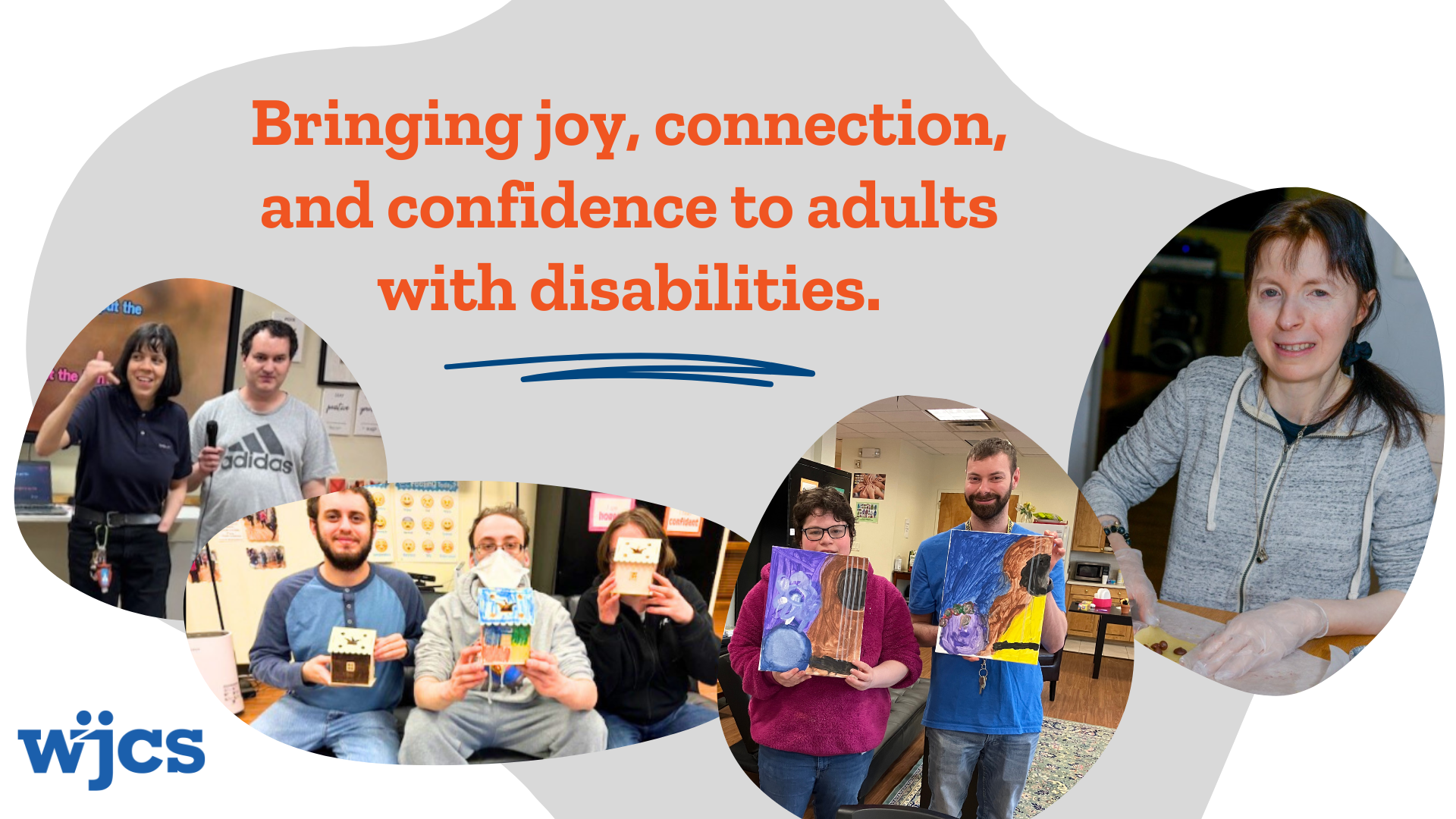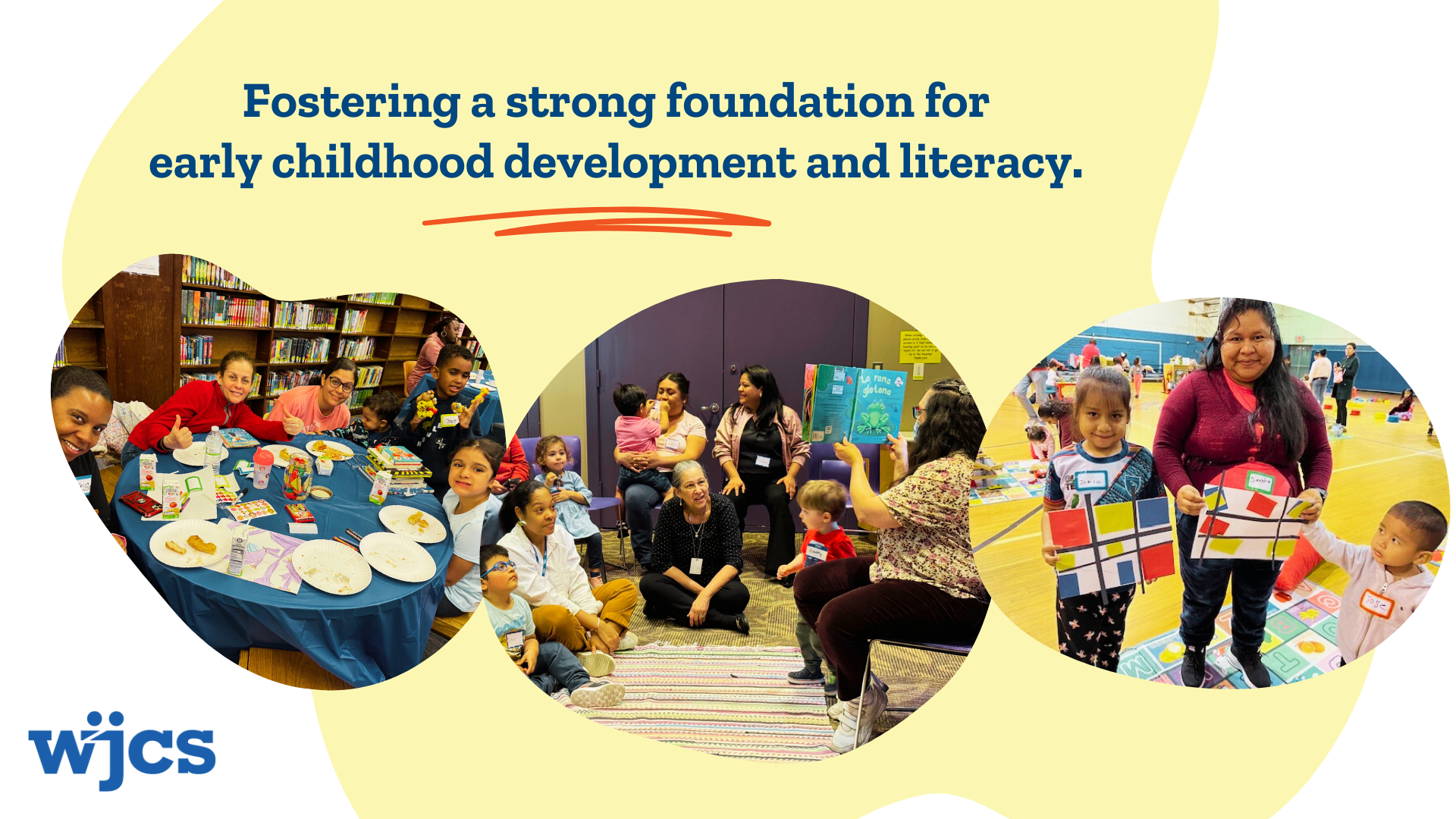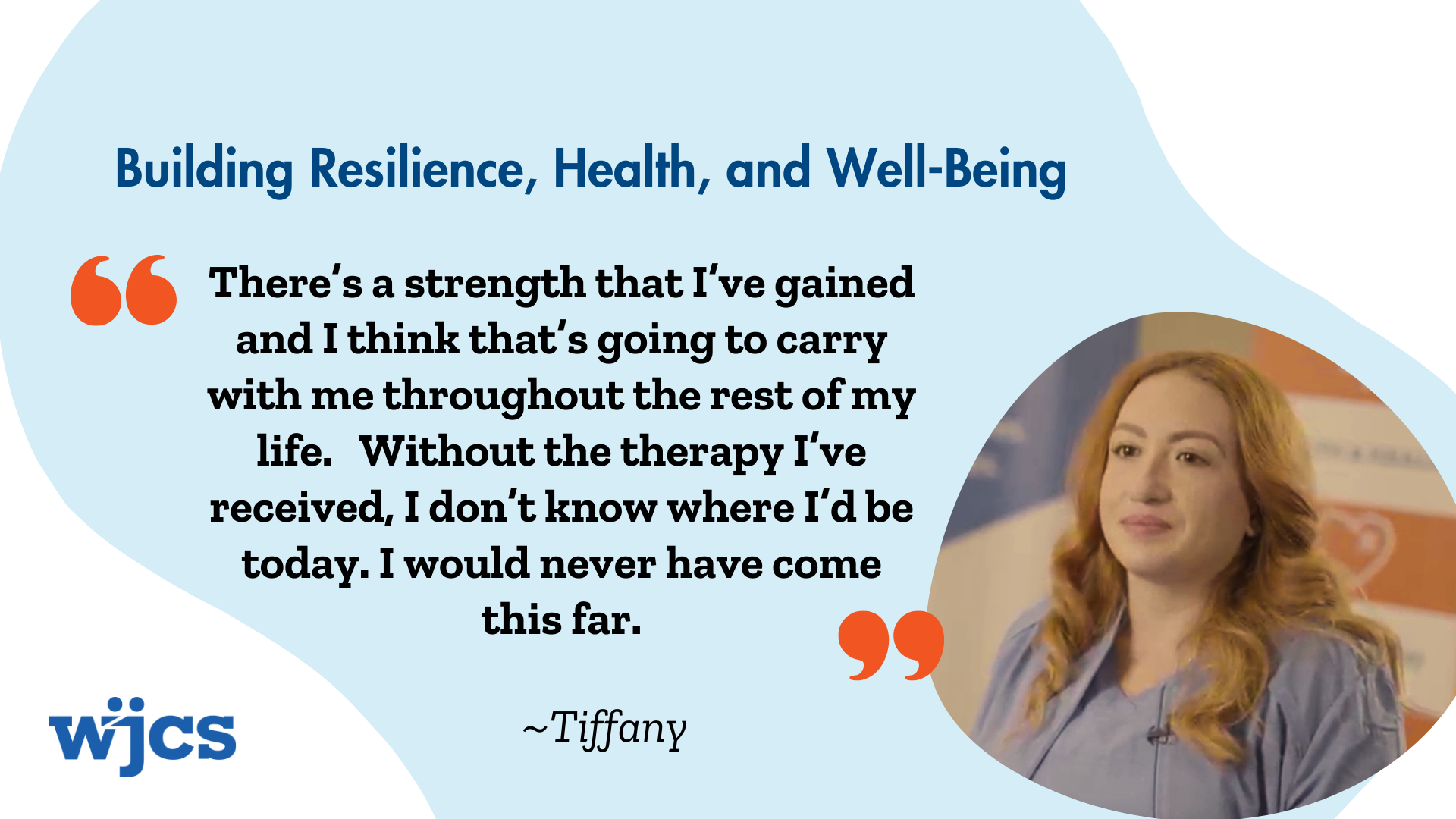Recent data shows that U.S. suicide rates are the highest they have been since World War II. About 100,000 Americans died by suicide in 2017, a 37 percent increase since 1999. WJCS offers Mental Health First Aid Training so that parents, educators, first responders, and others can identify and address the signs of someone suffering from a mental health problem. Suicide affects people of all genders, ages, and ethnicities. We all need to be prepared with information and resources to help someone who is exhibiting signs of despair, isolation, rage, pain, and suicidal thoughts.
While there is no single cause for suicidal behavior, common risk factors include:
- Depression or other mental disorders
- Substance abuse disorder
- A previous suicide attempt
- Chronic pain
- Family history of a mental disorder, substance abuse, or suicide
- Family violence, including physical or sexual abuse
Many people have some of these risk factors but do not attempt suicide. But any signs of extreme distress should be taken seriously and not be ignored.
Be alert to signs that someone may be suicidal. These signs include:
- Talking about feeling empty, hopeless, or having no reason to live
- Talking about wanting to die or kill themselves
- Searching online for information about killing themselves, stockpiling pills, or buying a gun
- Talking about feeling great guilt or shame
- Talking about feeling trapped and that there are no solutions
- Feeling unbearable emotional pain or physical pain
- Talking about being a burden to others
- Using alcohol or drugs more often
- Acting very anxious or agitated
- Isolating themselves from family and friends
- Changing eating and/or sleeping habits
- Showing rage or talking about seeking revenge
- Taking great risks that could lead to death, such as driving extremely fast
- Displaying extreme mood swings.
What to do if you or someone you know exhibits signs of being suicidal:
- Call The National Suicide Prevention Lifeline: 1-800-273-TALK (8255) (http://www.suicidepreventionlifeline.org)
- Call 911
- Text REASON to 741741 http://www.crisistextline.org
- Go to the nearest Emergency Room
- Store the above-mentioned emergency phone and text numbers on your phone.
- Get information from the following resources:
- American Foundation for Suicide Prevention: https://afsp.org/about-suicide/
- National Institute for Mental Health— https://www.nimh.nih.gov/health/publications/depression/index.shtml
- Anxiety and Depression in America– https://adaa.org/
- The Trevor Project–LGBTQ youth suicide prevention https://www.thetrevorproject.org/get-help-now/#sm.0001810pck5ceemoxla2kejfhkfp0
- Youth Mental Health First Aid Trainings offered by WJCS to parents, schools, and youth-serving agencies and community groups (https://www.wjcs.com/youth-mental-health-first-aid-training/)
- Report abuse or trauma to your state’s Department of Children’s Services and/or to the police.
- Contact the WJCS Trager Lemp Center: Treating Trauma & Promoting Resilience for further information (https://www.wjcs.com/trauma/).
Follow WJCS on Facebook, Instagram, YouTube, Twitter, and LinkedIn. @WJCSWestchester




